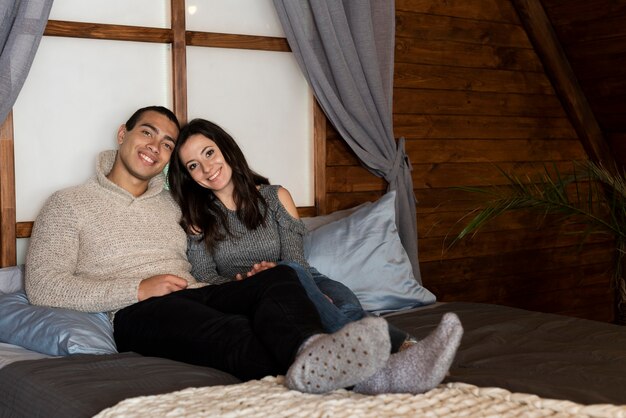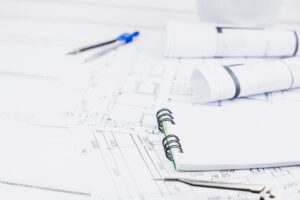

A few years ago, I embarked on the journey of building my own house, which turned out to be quite an adventure. Today, I’ll walk you through the process to see if it all makes sense. When I built my house, I had no real choice in hiring an architect because, where I live, finding a good one is nearly impossible. People might seem knowledgeable at first, but within ten minutes, you realize they’re not. I had the option of getting a poorly built house for the cost of an architect or building my own to my specifications.
The first thing on my mind was imagining what living in the house would be like. For example, if you open a door, you need a light switch conveniently located nearby, not hidden behind the door. Many architects failed to provide logical designs like this. So, I thought, why spend an extra 10% of the house’s cost on someone who doesn’t care about the outcome? That pushed me to become the architect of my own home.
Except for a home warranty that covers major structural defects, you don’t need much when designing your house yourself. Typically, an architect charges 10% of the project cost, which includes labor and materials. So, if you spend £1,000 on materials, you pay £100 to the architect. This didn’t seem fair to me. I agreed with paying extra for labor oversight, but not for materials.
So, I took on the roles of main contractor, plumber, electrician, and supervisor. Although it was challenging and people doubted my skills, I didn’t let it get to me. I pretended to know what I was doing and used Google for everything else.
The time spent researching tasks like wiring a three-way switch or setting up plumbing is worth it. It prevents overcharging and equips you with the knowledge needed for future repairs, sparing you from second-guessing quotes.
What I loved most about building my house was the empowering feeling of being in control of such a significant project as a single woman. Managing a team and seeing my vision come to life was incredibly satisfying. Building a house is likely the biggest expense of your life, more significant than car payments or student loans. It’s a big deal, and I loved being in charge.
However, it was also a tremendous amount of work. Building a house yourself requires a lot of time, dedication, and decision-making, which I found stressful. Balancing my authority with the need to listen to more experienced builders was a constant struggle.
Building 90% of the house took about nine months, and the remaining 10% is still ongoing over a year later. It’s exhausting, and sometimes I wonder if hiring professionals would have sped up the process, allowing me to rent out the place sooner. I’m technically losing money because I can’t rent it right now. But on the bright side, I know exactly what went into the house, the materials used, and the costs involved, which is a valuable selling point.
Overall, building my house was a good experience. It made financial sense, and it feels fantastic to have accomplished such a huge task. However, it’s not for the faint-hearted.






